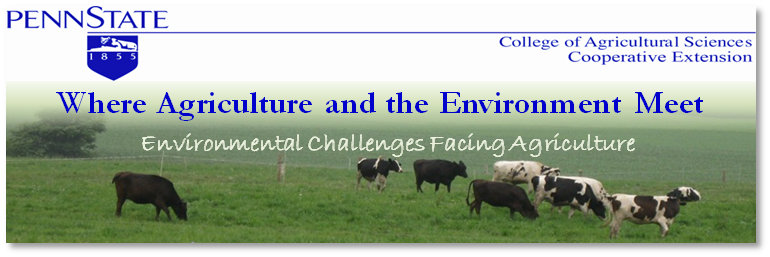
Corn is soon to be chopped for silage and with the wet weather this summer many farmers will experience "juicing" of new silage. Juicing, or leachate, is worse when silage is put up too wet and with the wet summer it will take a long time for corn to dry down. Regardless of the amount of leachate, it needs to be managed to avoid negative environmental impacts. Silage leachate is a serious threat to surface and ground water quality due to its high concentration of nutrients. One gallon of leachate can lower the oxygen content of 10,000 gallons of river water to a level that is difficult for fish to survive. Also, the high ammonia and nitrate concentrations in silage leachate can lead to algae blooms, which can further reduce the oxygen concentration in lakes and streams. Silage leachate is also very acidic and can burn the grass in the surrounding area, increase the acidity of bodies of water, and corrode concrete and metal structures. All farms, regardless of size, are regulated under the water quality laws, which means all farms need to control pollutants (i.e. silage leachate) that runs off their farm into streams and other surface waterways.
Since some silage leachate will occur, it is important that there be a system to divert it away from surface water and well heads. Leachate and any contaminated rain water should be captured and diverted into a lagoon or a filter strip. Leachate that has been collected can be treated to make it less caustic to water resources by dilution with clean water or manure, neutralization with hydrated lime, aeration, and simply storing the material will help to reduce the potency of the leachate. Field application is the best method to dispose of leachate, but care should be taken about when, where, and how it is spread so that damage is not done to the plants in the field or to surrounding environment.
Management practices that help reduce silage leachate also result in better quality corn silage for your cows because leachate contains nutrients like water-soluble carbohydrates, proteins, and vitamins that could be going into your cows instead of the stream. With corn silage being the major component in many rations it is important that care be taken to produce a good quality feed and in the process prevent the potentially negative environmental impact of silage leachate.

No comments:
Post a Comment